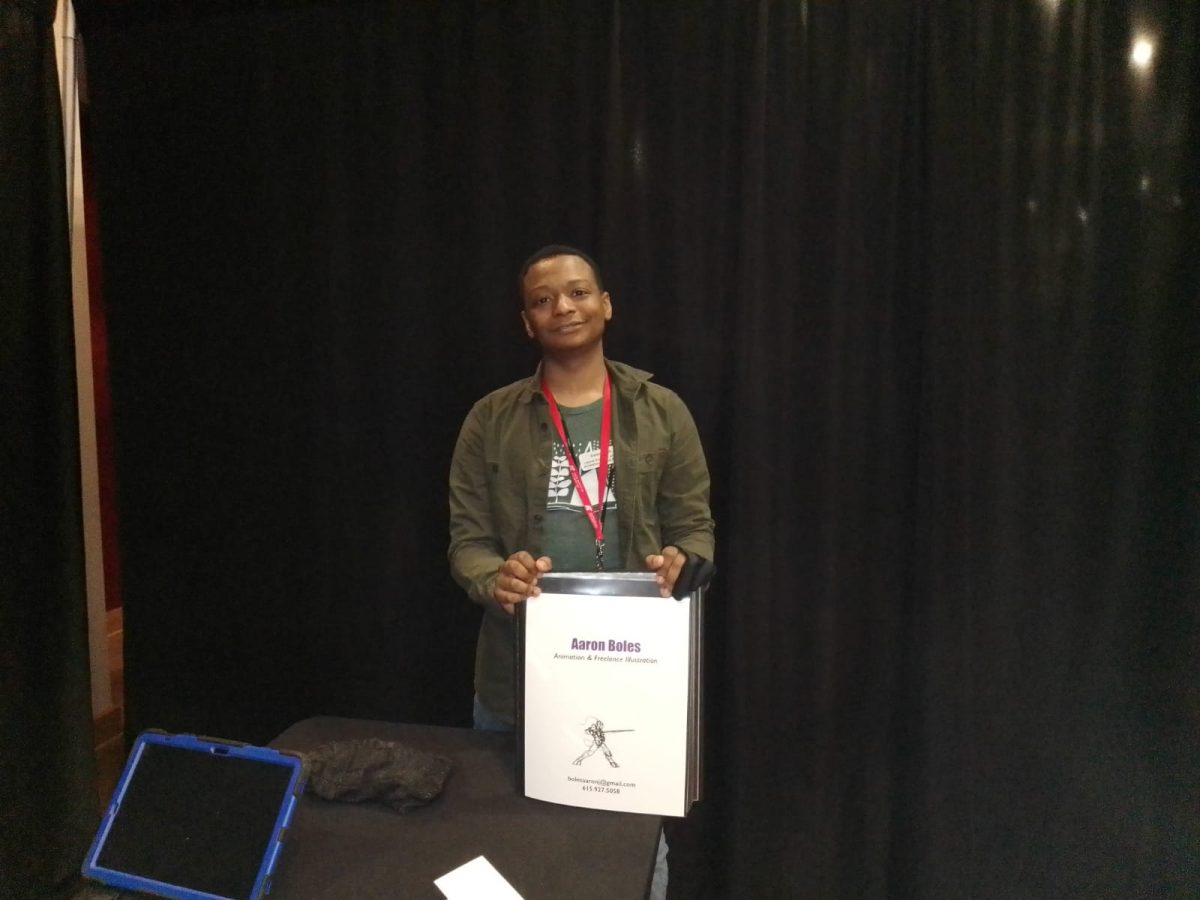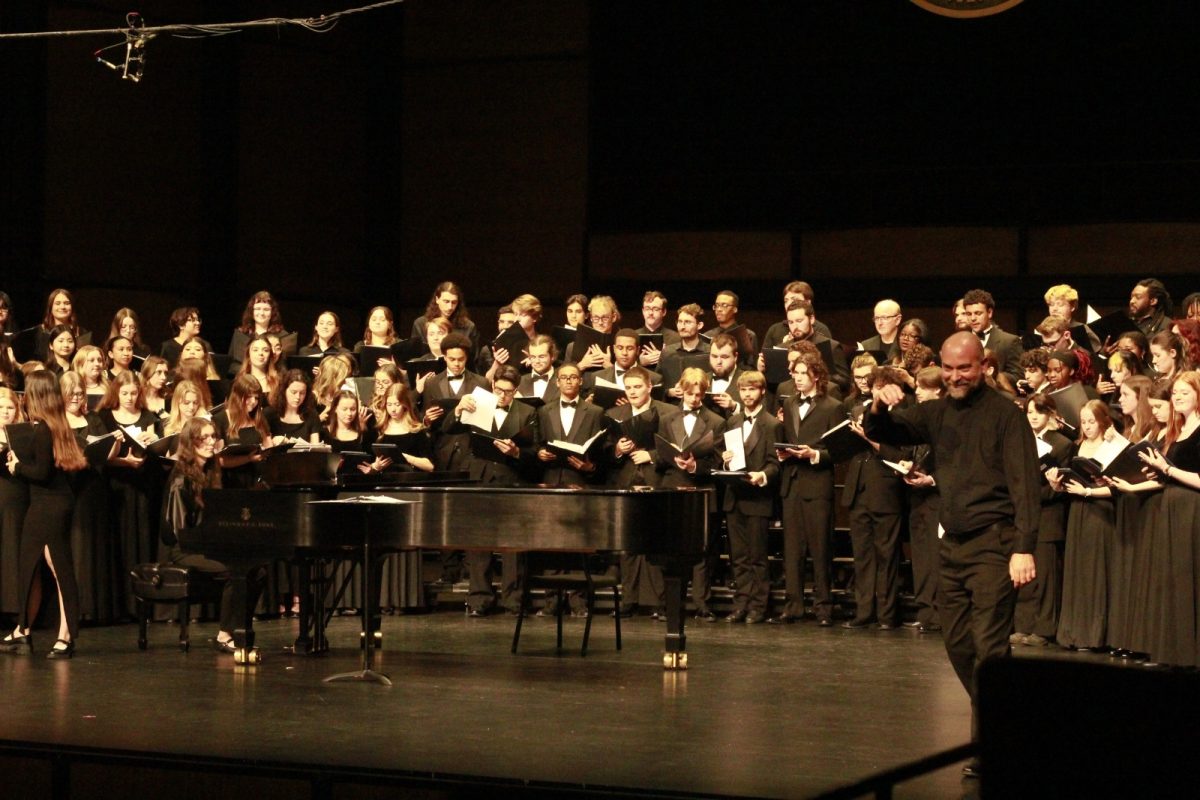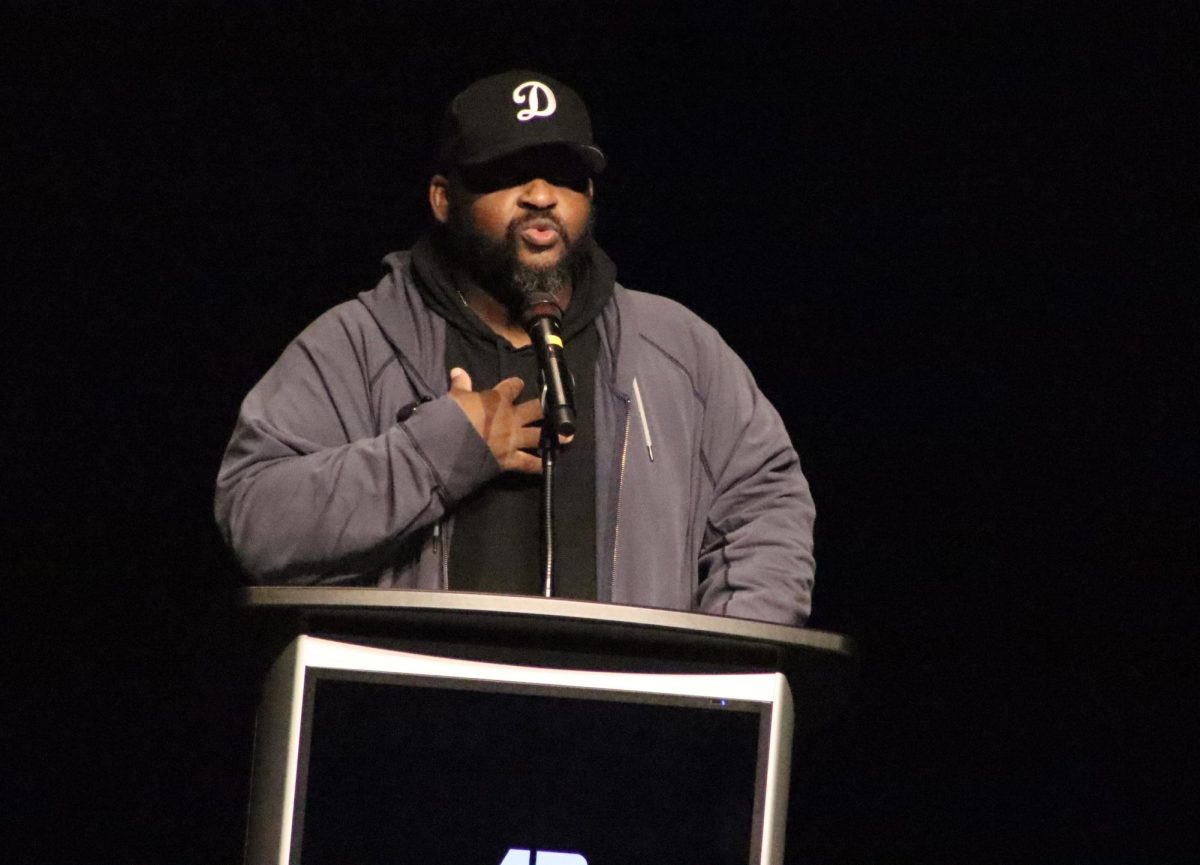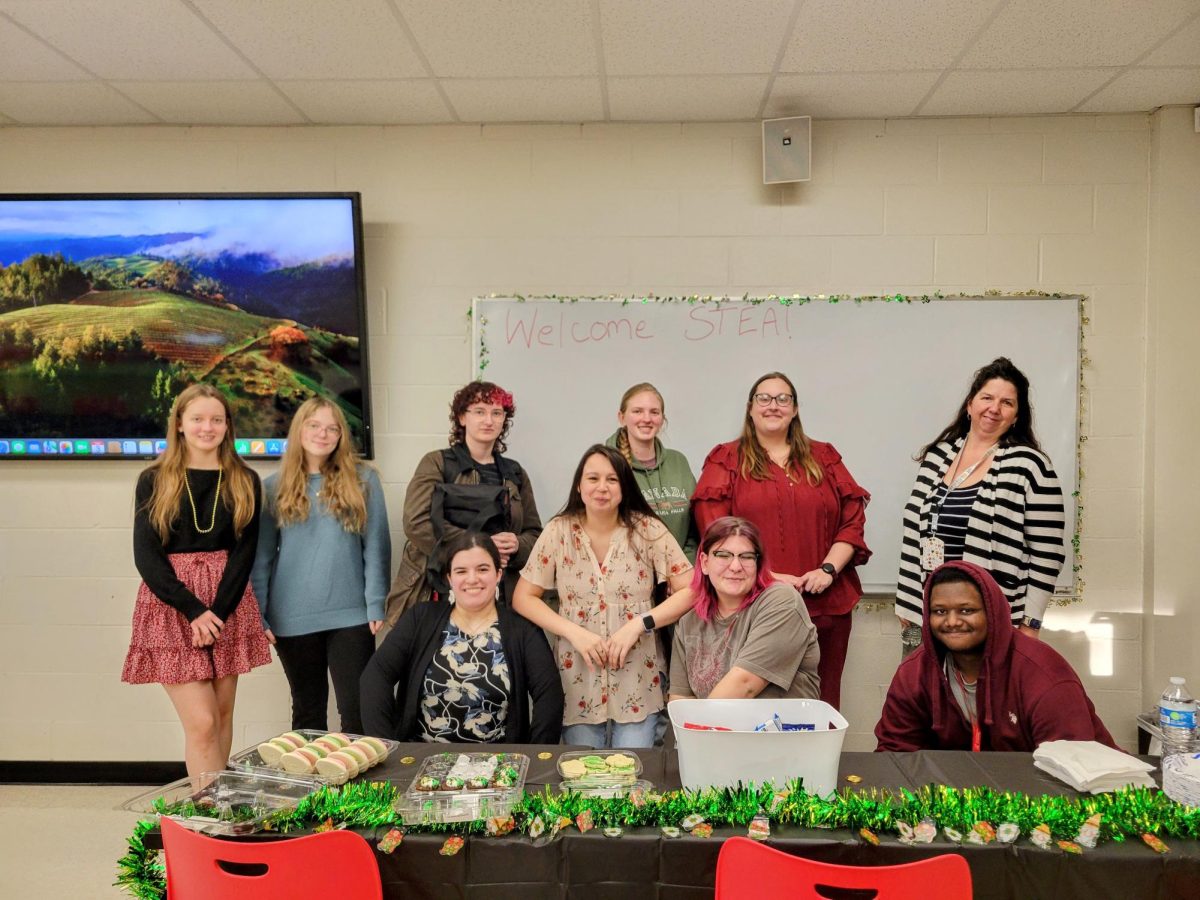–psparn@my.apsu.edu
A lot of people hate seeing anything political on their social media news feeds, but this nuisance may actually be more helpful than annoying.
Some people are fed up with scrolling through political advertisements, messages and arguments in their news feed, but this content helps people engage in vital political discourse much needed in our country and communities.
Studies show that 60 percent of American adults use social networking sites like Facebook or Twitter.

According to the Pew Research Center’s Internet & American Life Project, 66 percent of these social media users, or 39 percent of all American adults, have used social media for political and civic purposes.
Social media provides a platform for millions of people to discuss issues and learn about current events and political matters.
Although these interactions may be annoying, they often bring up the very crucial subjects within politics and elections, along with everybody else’s perspectives on these issues.
In every election since the late 1990s, the amount of people using internet tools and social media platforms to get news about campaigns and elections has increased, according to the Pew Internet and American Life Project.
Even though political dialogue on social media sites can get messy, oversimplified and out of hand, I believe social media ultimately contributes to our political process and our nation’s democracy.
Some people never watch the news, pick up the newspaper or go online to seek significant political and campaign news.
For some people, yard signs, TV ads and social media are the only places where they might witness or get involved in important political dialogue.
Social media is often the only place some people receive significant information on campaigns, candidates, elections and crucial political issues. If this dialogue was not taking place on social media, I am not sure it would take place anywhere else for some people.
Bringing up the subject on social media may not be pretty all the time, but it does give everyone a free and open soapbox to voice their perspective 24 hours a day, seven days a week.
Social media’s free and open debate hall gives everyone a space to demonstrate their support, advocate causes, raise issues, voice concerns and learn about significant issues.
Social media has also helped add humor to the political process, which makes things a little more interesting.
Although humorous political memes about Big Bird and Twitter profiles tweeting about Romney’s “binders full of women” comment may not be the most informative political content available, they still direct people’s attention to political events, issues and candidates.
According to the Pew Research Center, almost two-thirds of social media users have used social media sites to post their thoughts about civic and political issues, react to others’ postings, press friends to act on issues and vote, follow candidates, ‘like’ and link to others’ content and belong to political groups formed on social networking sites.
Political and involvement and interaction on social media can be productive for our society because it demonstrates that you care about your surroundings enough to put your perspective out there for everyone to see and possibly criticize.
It may get messy but the more people who voice their opinion and discuss them, the more people learn about, get involved in and care about political and civic issues. Issues that are crucial to our communities, states and our country.
Another area where social media has helped open up our political process is in local and state elections. Using social media tools helps local candidates and politicians interact with their constituents and deliver messages to the community, at no cost.
This convenient and free platform is helpful to voters, political candidates, their communities and, ultimately, to our democratic process. Voters and potential voters can use social media sites to gain a better understanding of what each candidate proposes and stands for.
It is typically difficult to find resources in traditional news outlets about local and state candidates and elections, but social media provides an easy avenue for voters to connect with candidates and get to know their ideas and plans.
By simply liking a candidate’s Facebook page or following them on Twitter, voters can get updates about the candidates they will possibly vote for.
I urge everyone voting in the upcoming election to follow or ‘like’ all the candidates on Facebook and Twitter to gain further insight on the candidates and your ever-important vote.
Even though some people are tired of politics and seeing it on their news feed, social media has helped open up and include more people in the political process.







